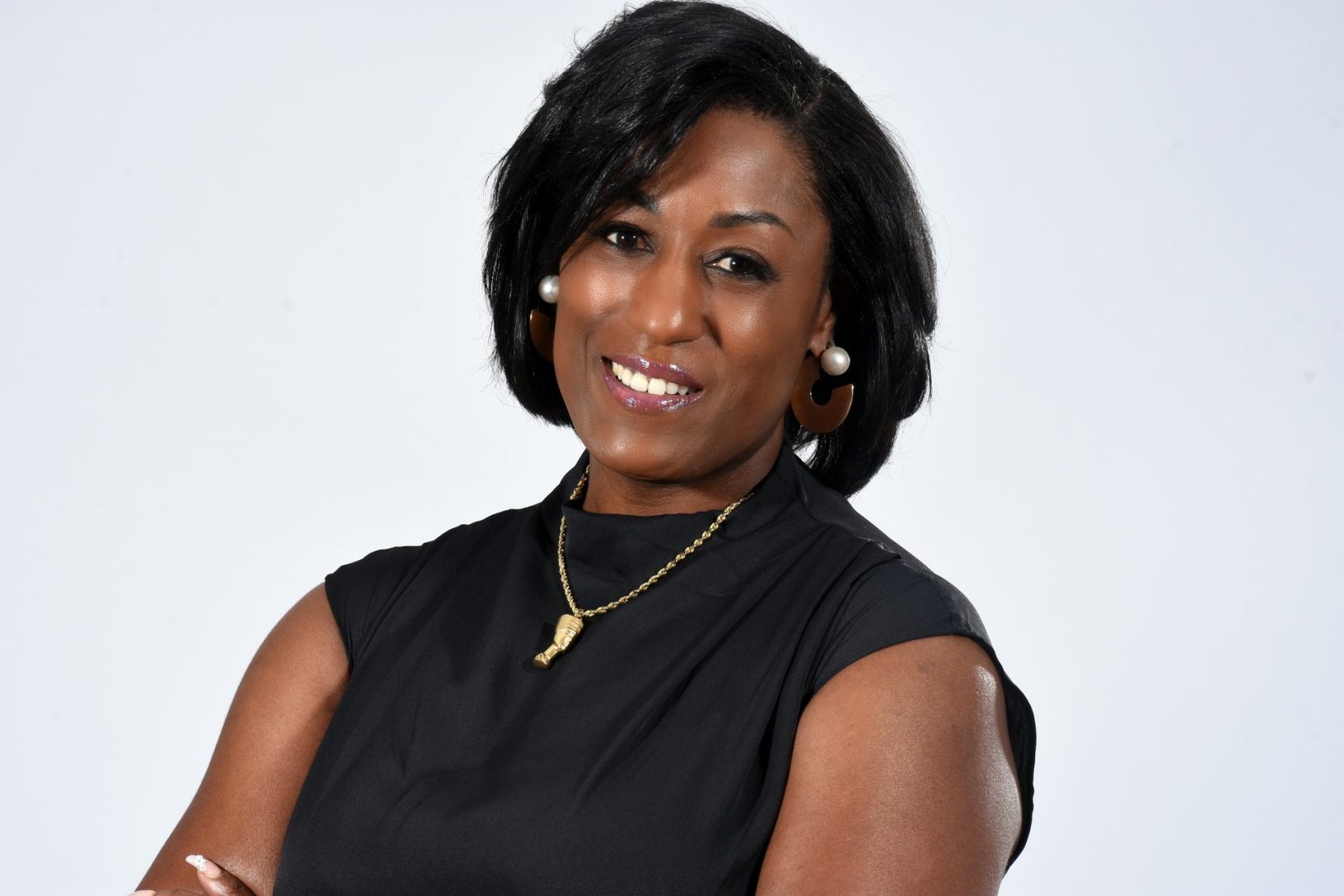Judy Brown, Mental Health Supports Manager and professor, is at the forefront of social, emotional, and behavioral learning for students, families, and adults. Brown applies her expertise as a clinical social worker to develop innovative programs that strengthen community mental health resources while mentoring the next generation of practitioners.
Her strengths-based approach emphasizes resiliency, perseverance, and inner power, transforming how institutions address mental health challenges. Brown received national recognition when she was named Social Worker of the Year in 2022, validating her significant contributions to the field and her dedication to creating sustainable support systems for vulnerable populations.
Brown spoke with rolling out about her mental health work.
How has your strengths-based approach evolved throughout your career as a clinical social worker?
Throughout my career as a clinical social worker, my strengths-based approach has undergone a significant evolution, deeply informed by my spiritual beliefs and through acculturation within the diverse communities in which I live. Personal experiences — both positive and adverse — have shaped my understanding of resilience and the power we possess as human beings. Navigating life’s challenges has afforded me an appreciation for perseverance and grit. Encouragement from close familial support, particularly the affirmation of enduring hardship, has reinforced my conviction that overcoming obstacles cultivates wisdom and inner strength.
One’s lived experience underscores the importance of fostering a positive mindset and self-efficacy among the individuals and families I serve. Strength is not solely an intrinsic quality but can also emerge through collaborative support and the willingness to seek assistance when needed. In clinical practice, this translates to a deliberate shift from deficit-based perspectives — often rooted in trauma — towards a strengths-based framework that honors cultural heritage, individual resilience, and communal resources. Emphasizing collective empowerment, this approach advocates for recognizing people as multifaceted beings whose identities and capacities extend far beyond their adversities. Ultimately, integrating these principles enhances therapeutic engagement and promotes holistic well-being in the students, individuals, and families I serve.
What strategies have proven most effective in building resilience among students facing mental health challenges?
The most effective strategies for building resilience among students facing mental health challenges include:
Exploring Culture – Understanding how cultural values, family history, and acculturation influence decision-making and coping.
Psychoeducation – Teaching students and caregivers about life stressors and their impact on mental health.
Self-Efficacy – Building belief in their ability to achieve goals through persistence and resilience.
Journaling & Reflection – Setting and evaluating goals, identifying barriers, and adjusting as needed.
Skill-Building – Teaching hopeful, future-focused thinking and realistic goal-setting.
Active Listening – Listening without judgment or the need to respond, validating students’ lived experiences.
How do you measure success when working with families to improve their social and emotional well-being?
I measure success when working with families to improve their social and emotional well-being by assisting them in identifying skills that can be used to increase their communication. The following are just a few examples of how I can measure therapeutic success: Non-verbal communication such as smiles, a head held high, displays of confidence, and JOY. The most heartfelt are the verbal communications. This is when individuals and families share that they are no longer arguing and yelling at one another and, most importantly, communicating compassionately and respectfully with others.
What emerging trends in behavioral learning do you believe will shape the field over the next five years?
Significant trends shaping the mental health field in the next five years will be the rise of culturally affirming services and ethnic-specific mental health and educational programs (including schools) that support students’ and families’ social, emotional, and mental well-being. Additionally, biofeedback technology will play a key role in helping individuals visualize and trust the immediate impact of mindfulness and self-care practices on reducing stress and improving one’s mental wellness.
How do cultural differences influence your approach to mental health support in diverse communities?
My love for people and the diversity within ethnic groups led me to understand culture’s profound impact on one’s well-being. Growing up in an urban city filled with diversity taught me the importance of gaining trust by authentically immersing myself in learning about other cultures and my own. Diversity and culture should be celebrated, not just tolerated, and culturally affirming practices require humility, not superficial knowledge or credentials. Genuine support means recognizing people as the experts of their own culture and creating a safe, nonjudgmental space for healing.
How do you balance academic demands with mental health needs when advising educational institutions?
True academic success depends on one’s willingness and ability to meet students’ physical, social, and emotional needs. However, many students silently struggle due to the stigma around mental health, leading to behavioral issues in the classroom that are often symptoms of deeper problems. Educators may overlook early signs due to time or training constraints, worsening the situation. Timely, compassionate intervention is crucial. Teachers should collaborate with mental health professionals and caregivers, initiating support with empathy rather than blame. A caring, strengths-based conversation with caregivers can foster trust and improve student and family outcomes.
What self-care practices do you recommend for mental health professionals to maintain their well-being?
For self-care, I rely on meaningful connections with a peer support group of African American women educators, a seasoned African American mentor who has worked in the field for 30+ years, and personal wellness practices. These include time in nature, limiting media exposure, traveling for fun and solitude, daily scripture readings, journaling, and regular self-reflection. The abovementioned practices help me maintain emotional balance, spiritual grounding, and a deep sense of purpose in supporting students and families.
How has your teaching methodology adapted to address the changing mental health landscape following recent global events?
My teaching methodology is ever-evolving. About six years ago, I became familiar with Shawn Ginwright, a professor at UC Berkeley. He introduced me to Healing-Centered Engagement (HCE). This non-clinical approach emphasizes inner strength, civic engagement, communal healing, and resilience over diagnoses and a clinician’s tendency to focus solely on trauma.
COVID and the murder of George Floyd have drastically changed the landscape of the world we live in. Many people are being forced to witness, endure, and live in horrific conditions. Crime continues to rise — and so do social injustices. We are seeing and feeling the impact of the opioid crisis, homelessness, food insecurity, and many other issues I don’t dare mention. Many of our youth and families feel hopeless and helpless, with nowhere to turn for support.
Pathologizing students’ behaviors can be debilitating and harmful to their self-perception and ability to control their destiny. True healing comes from understanding our stressors, shifting our perspectives, and building self-efficacy within safe, supportive environments.
With that in mind, mental health professionals, teachers, and professors must evolve. This requires us, as human beings, to accept people as they are while also helping them become who they want to be.














